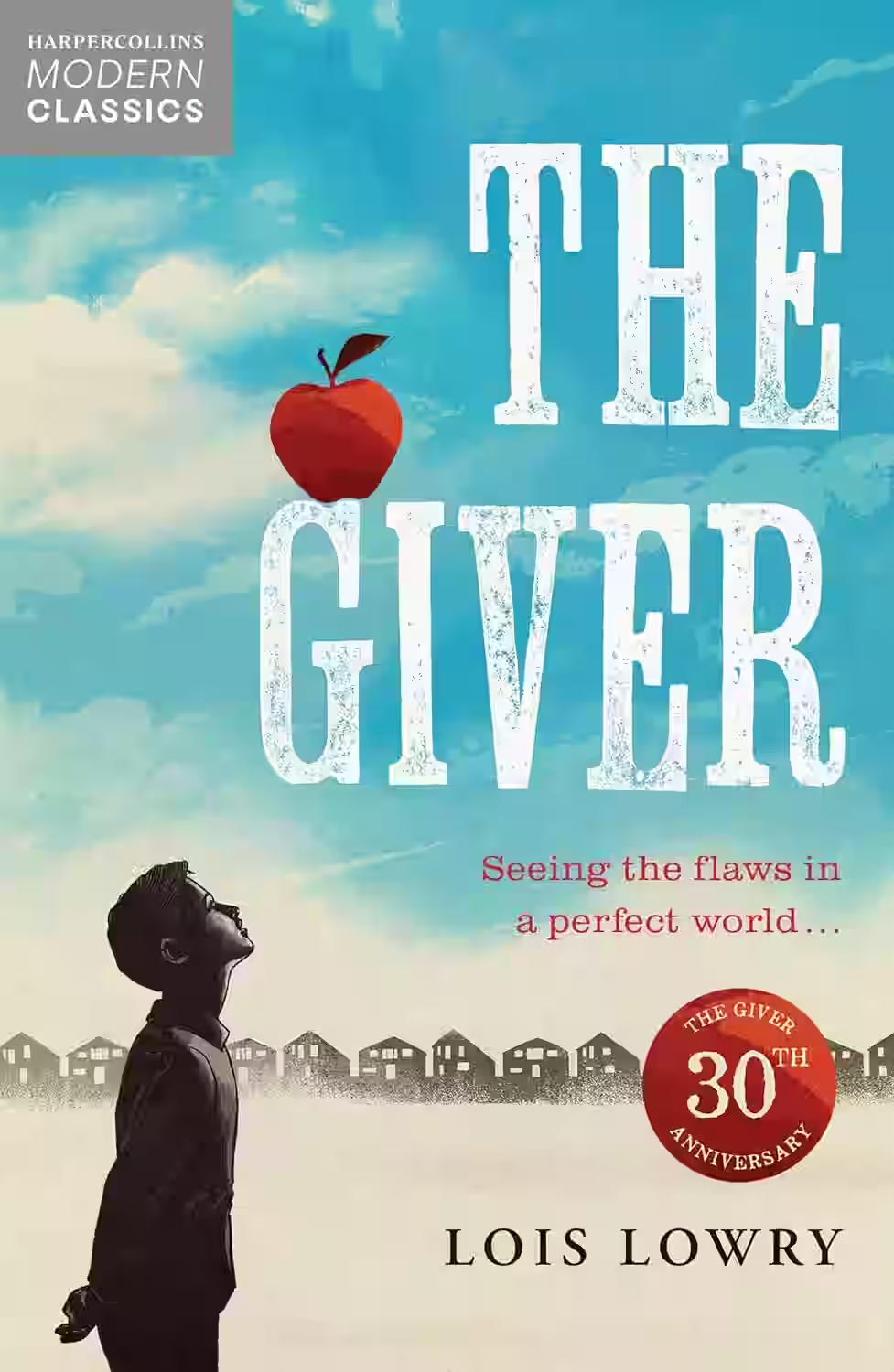
In a seemingly perfect society without pain or emotion, twelve-year-old Jonas is chosen to be the Receiver of Memory—the only person who knows humanity’s past. As he learns about love, loss, and choice from the Giver, Jonas begins to question the cost of harmony and conformity. The Giver is a haunting dystopian novel that challenges the boundaries of control, memory, and individuality, sparking deep philosophical questions for readers of all ages.
About The Giver Quartet Series
Beginning with The Giver, this four-book series (Gathering Blue, Messenger, and Son) explores interconnected stories set in dystopian worlds. Each novel introduces new protagonists who confront tightly controlled societies that suppress emotion, freedom, or individuality. As characters seek meaning, identity, and connection, the series questions conformity, memory, and what it means to be truly human. Lowry’s minimalist prose and deep philosophical themes make The Giver Quartet a powerful exploration of utopia, community, and the enduring strength of the human spirit, suitable for both young and adult readers.
About Lois Lowry
An American author of children's and young adult fiction, best known for her Newbery Medal-winning dystopian novel, The Giver. Her works often explore complex themes of memory, individuality, censorship, and the pursuit of truth in meticulously constructed fictional worlds. Lowry's thoughtful storytelling and ability to tackle profound questions with sensitivity have made her a beloved and influential voice in young adult literature.
Similar Books
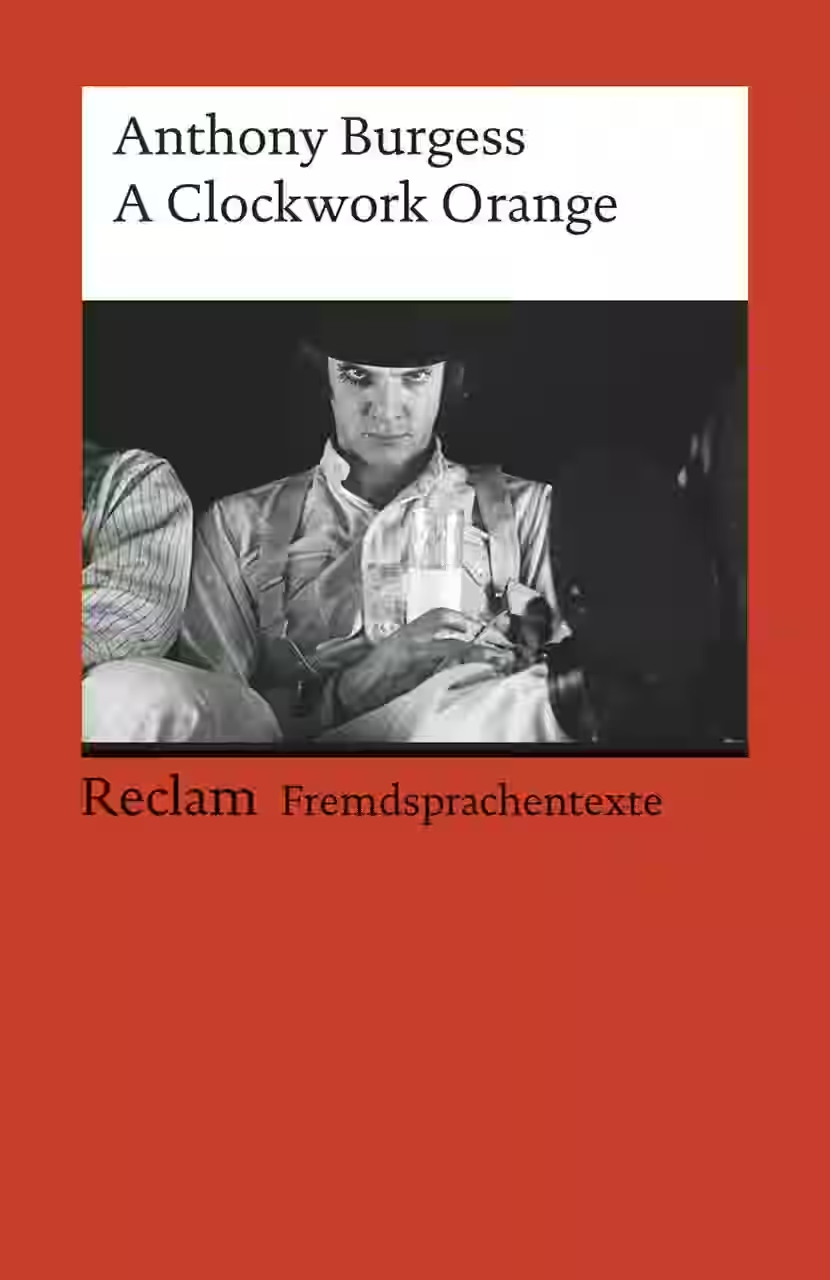
A Clockwork Orange
A Clockwork Orange is a dystopian novel by Anthony Burgess, depicting a futuristic society where extreme violence is prevalent. The story follows Alex, a young delinquent who undergoes a controversial rehabilitation treatment that raises questions about free will and the morality of government control. The novel is known for its unique language, social commentary, and thought-provoking themes.
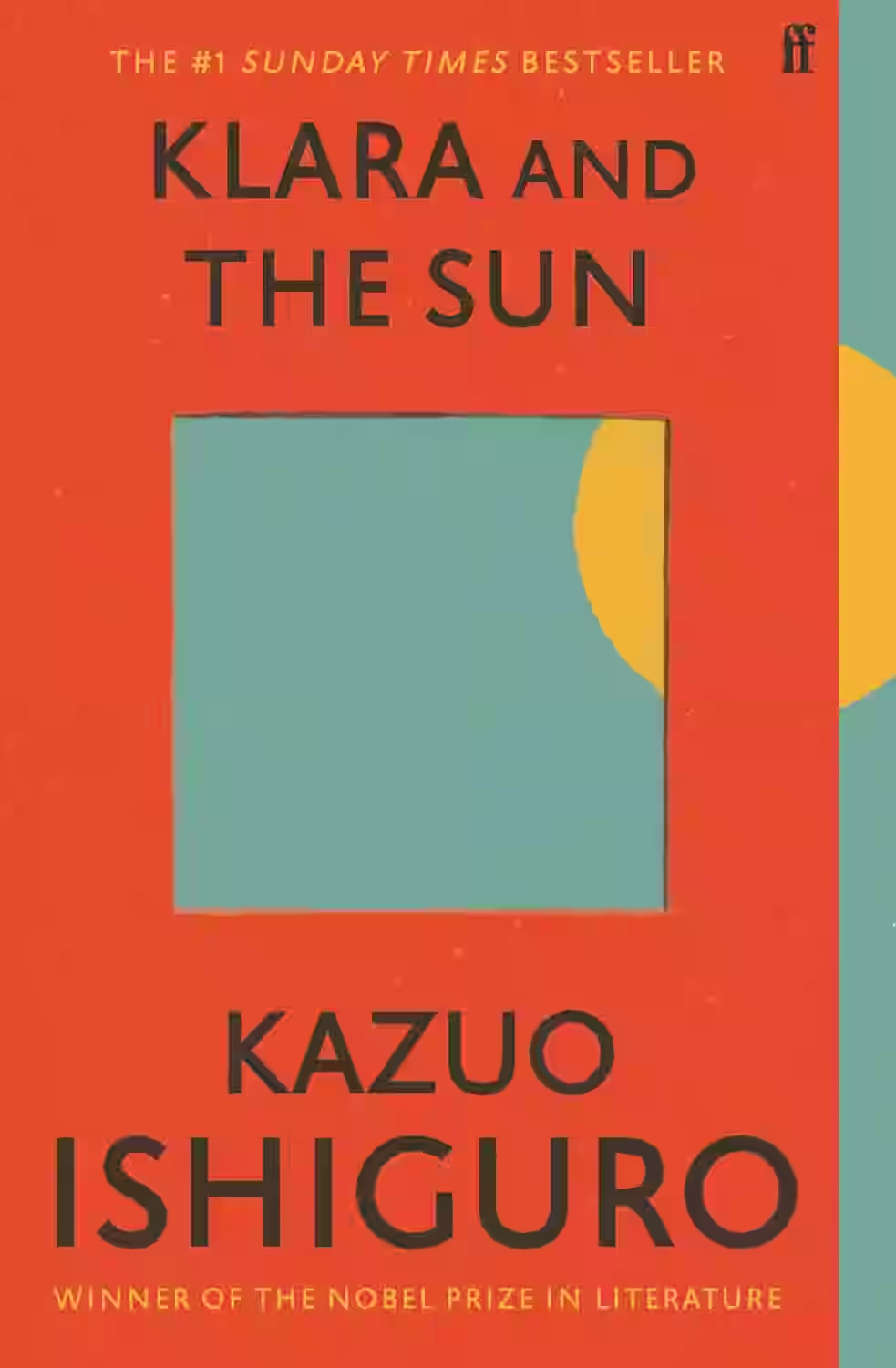
Klara And The Sun
From her place in the store, Klara, an Artificial Friend with outstanding observational qualities, watches carefully the behaviour of those who come in to browse, and of those who pass in the street outside. She remains hopeful a customer will soon choose her, but when the possibility emerges that her circumstances may change for ever, Klara is warned not to invest too much in the promises of humans.
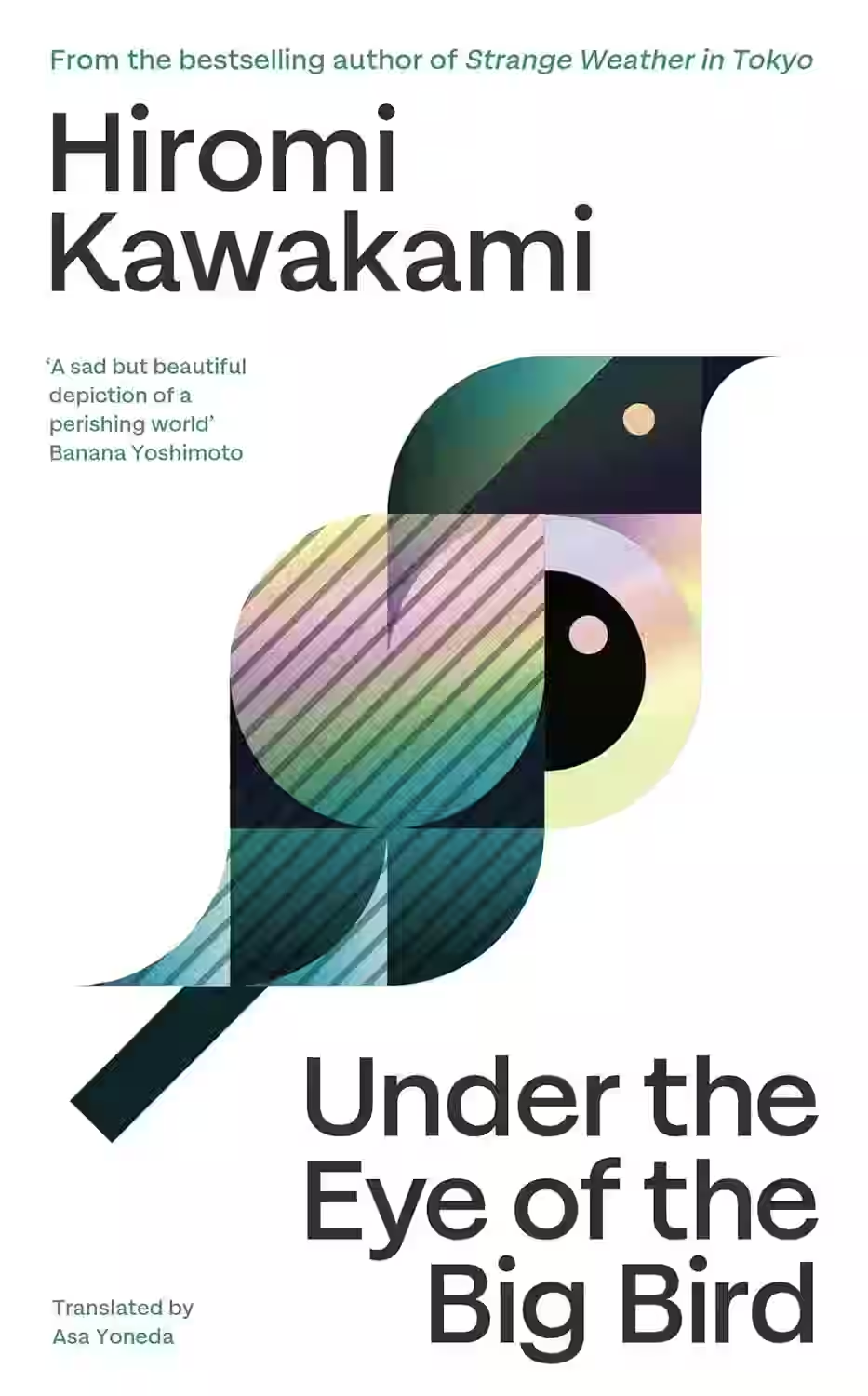
Under the Eye of the Big Bird
Hiromi Kawakami's "Under the Eye of the Big Bird" is a speculative fiction novel that imagines humanity on the brink of extinction in a distant future. Shortlisted for the International Booker Prize 2025, it unfolds over geological eons through a series of interconnected vignettes. In this future, humans live in small, isolated tribes, often overseen by AI entities known as "Mothers." Kawakami explores diverse forms of humanity and reproduction, with some children created in factories from animal cells, and others sustaining themselves like plants. The novel delves into profound questions about what it means to be human, examining themes of evolution, survival, love, connection, and the intricate relationship between humanity and technology. It's a meditative and unsettling vision of a faltering world, yet it also touches upon the resilience and enduring, if flawed, nature of human beings.
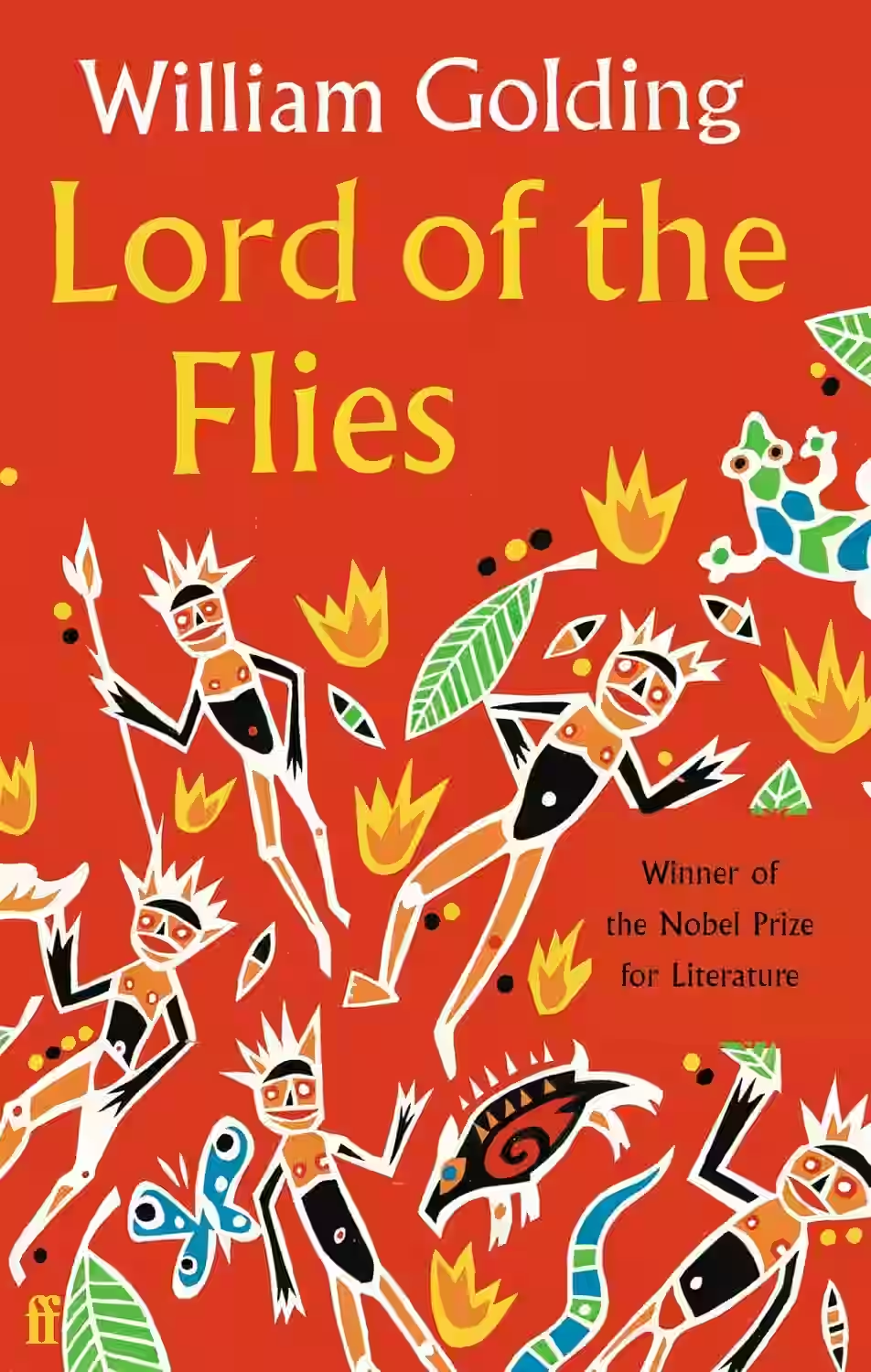
Lord of the Flies
Lord of the Flies by William Golding is a haunting allegorical novel about a group of British schoolboys stranded on a deserted island after a plane crash. Without adult supervision, their attempt to establish order quickly descends into savagery, revealing the thin veneer of civilization. The story follows Ralph, who tries to maintain order, and Jack, who embraces chaos and violence. As fear, power struggles, and primal instincts take over, the boys’ society collapses. Golding explores themes of human nature, morality, and the inherent darkness within mankind. First published in 1954, it remains a powerful critique of civilization and human behavior.